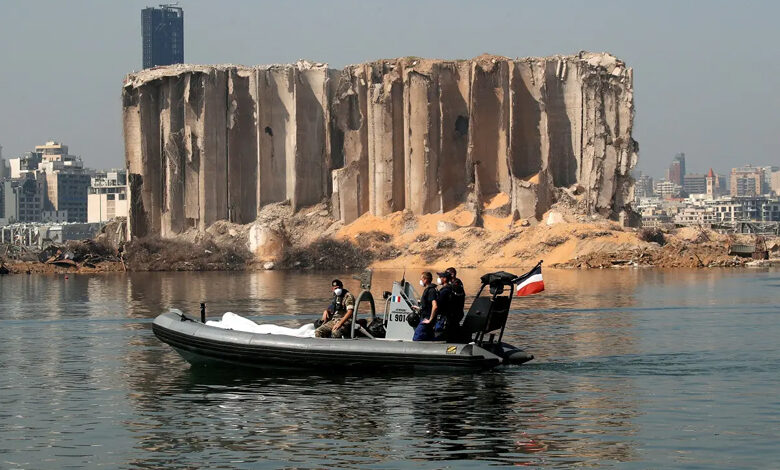EU called for the urgent formation of a credible government in Lebanon

The European Union’s commissioner for crisis management appealed on Saturday for the urgent creation of a credible government in Lebanon before the release of the second phase of financial support to the country suffered from the crisis.
Indeed, Janez Lenarcic reported that the EU had assembled 64 million euros ($79 million) for the emergency response to the destructive port explosion that caused the death of more than 190 people and thousands had wounded in Beirut on August 4.
He also said that the next phase of funding would be for reestablishment. However, he alerted that it should have to go hand in hand with reforms as the international community wasn’t ready to back practice that led to the financial collapse and economic crisis.
It should be noted that the disaster happened when hundreds of tonnes of ammonium nitrate fertilizer, which has been left without surveillance in a port warehouse had exploded.
The tragedy came at the time that the Lebanese people were already suffering from the worst economic crisis of the country in decades and new anger appeared because of the official neglect and a political class accused of corruption. Therefore, and after the disaster, the government decided to resign, however, Lebanon has refused an international investigation, and just said that it would effectuate its own inquiry helped by foreign experts.
Lenarcic informed AFP after its arriving in Lebanon on board a humanitarian aid flight: We need a credible government that enjoys the confidence of the Lebanese people and is determined to take the country in the right direction. He also said: Lebanon’s political class has to provide what people demand and this is also what the international community expects. I’m talking about governance, not only economic reforms. There has to be a change in the way this place is governed.
Otherwise, the worst economic crisis of Lebanon since the 1975-1990 war has seen lead to the reduction of the local currency against the US dollar, and the increase of the poverty to more than half of the population, while the government has accused the central bank governor, Riad Salameh, for the crisis, but he has denied all accusation.












